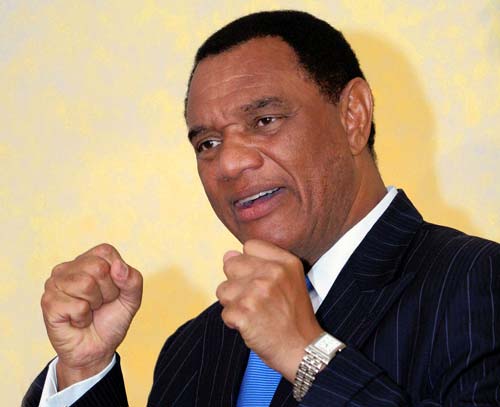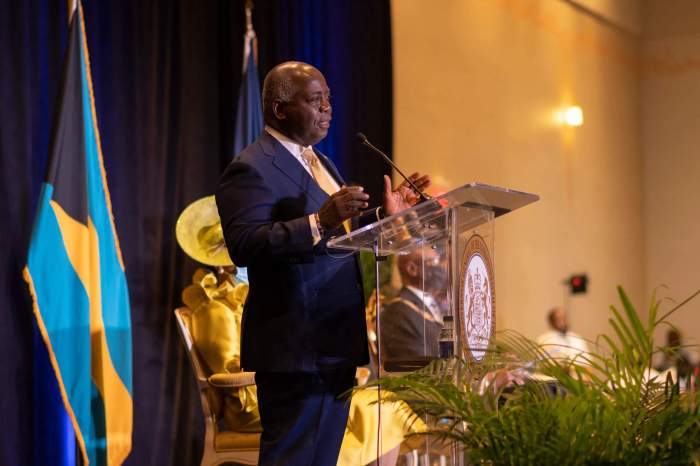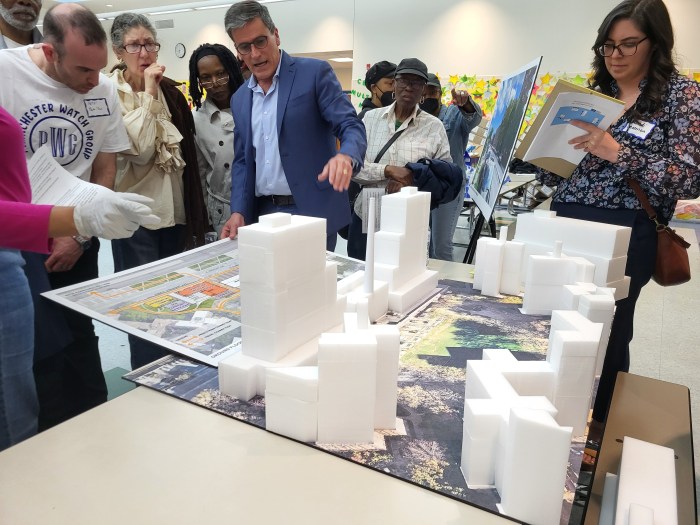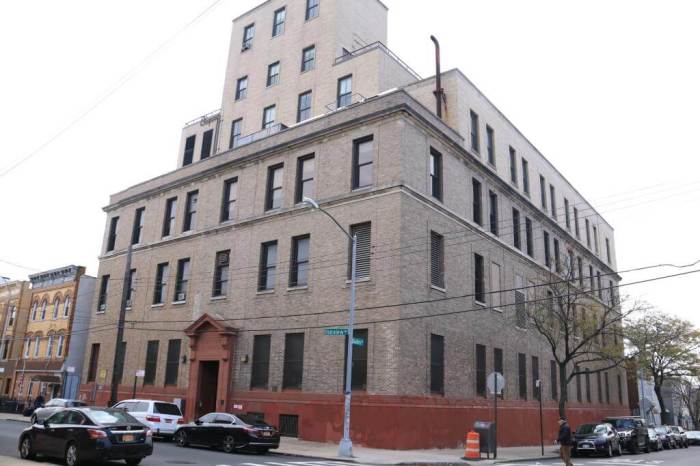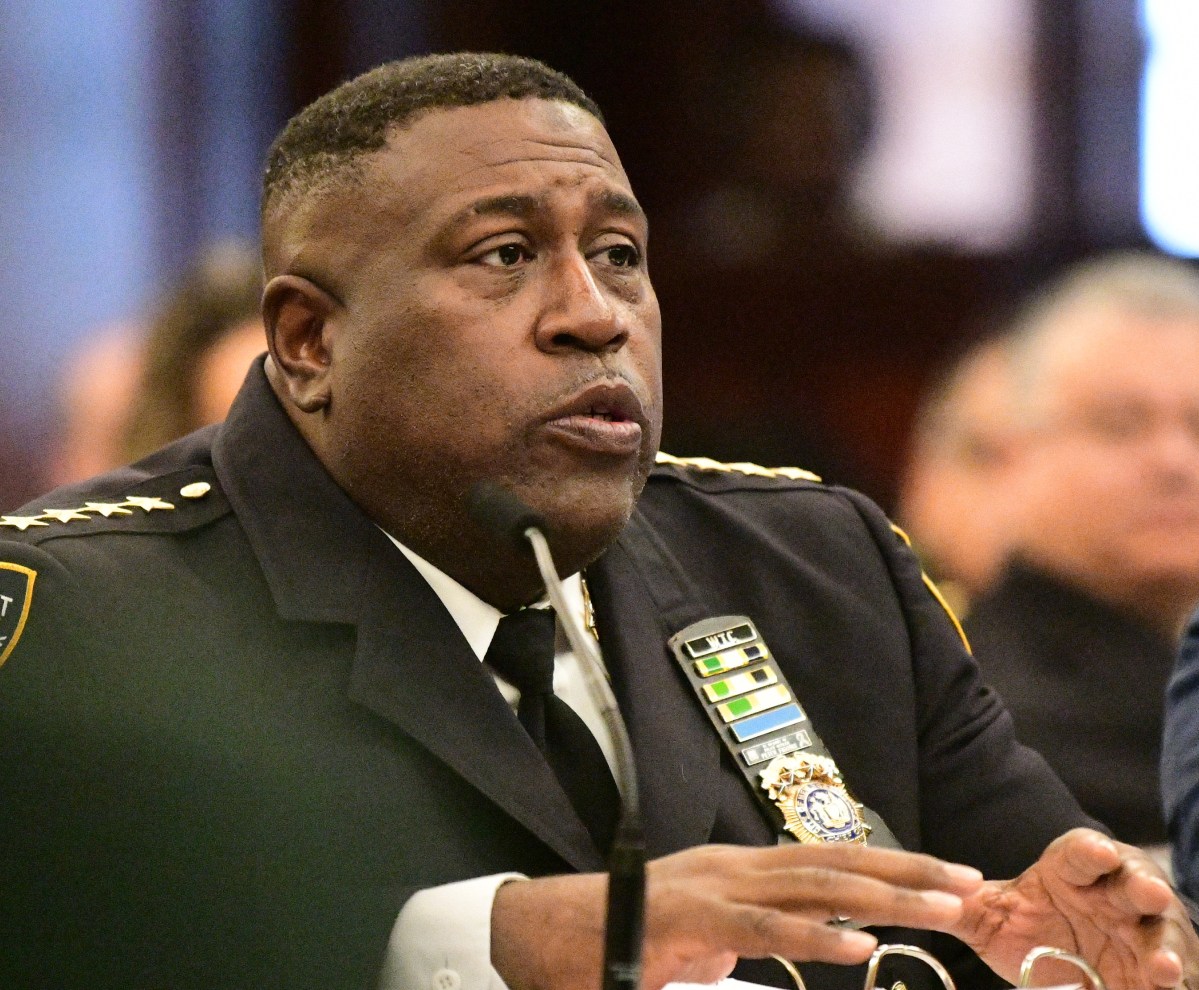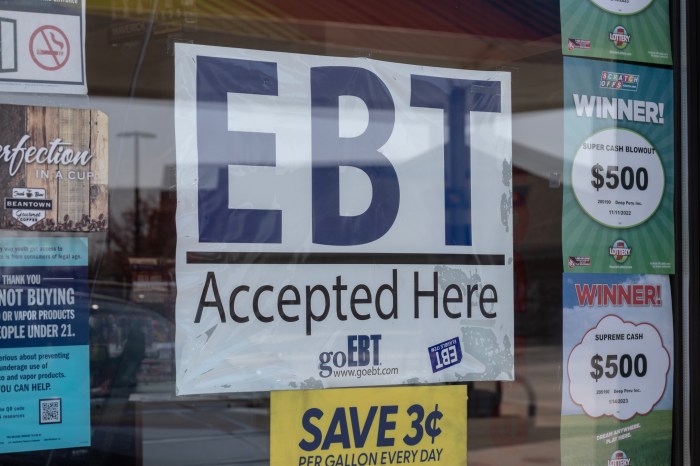Bahamas Prime Minister Perry Christie has postponed the controversial gambling referendum until Jan. 28, 2013 and will now ask voters if they support the establishment of a national lottery and if they approve the legislation of web shops.
Christie has back-tracked from statements he recently made in the House of Assembly.
At that time, he told Parliament that the upcoming vote – initially slated for Dec. 3 – would only deal with the question of regulating web shops based on advice from London-based consultants.
Mounting criticisms from those who said the government is rushing the crucial vote is one reason Christie said he chose to delay the referendum.
It will also give the government time to provide solid legal footing for the referendum. Recently, the Free National Movement charged that the referendum, in its earlier proposed state was illegal.
The prime minister said he will table an amendment to the Constitutional Referendum Act in Parliament. The legislation, once passed, will give the government the legal framework to hold a referendum that does not alter the constitution.
The announcement came a day after Attorney General Alfred Sears said the government had to amend the act, or create a new law, to facilitate the referendum or leave the process open to a legal challenge.
The UK consultants advised the government against the question of a national lottery because they did not think the venture would be commercially viable.
Christie said he decided to go against advice from his consultants in the interest of democracy and because it was promised in his party’s election charter.
However, Christie said he has not budged on his decision not to allow casino gaming on the referendum ballot although many have called on him to do so.
The prime minister said he is satisfied the amendment he will bring to Parliament will end any legal argument over the referendum.
He said he had previous legal advice which suggested that he did not need legislation to effect the referendum.
Christie said the postponement will allow parliamentarians to debate the issue before it goes to a public vote.


